In 2022, a shocking number of crabs disappeared from the Bering Sea, confounding fishermen and scientists alike.
It wasn’t due to overfishing, but rather a consequence of alarmingly warm waters that put the crabs’ survival in jeopardy by accelerating their metabolism without sufficient food.
An Arctic Identity Crisis
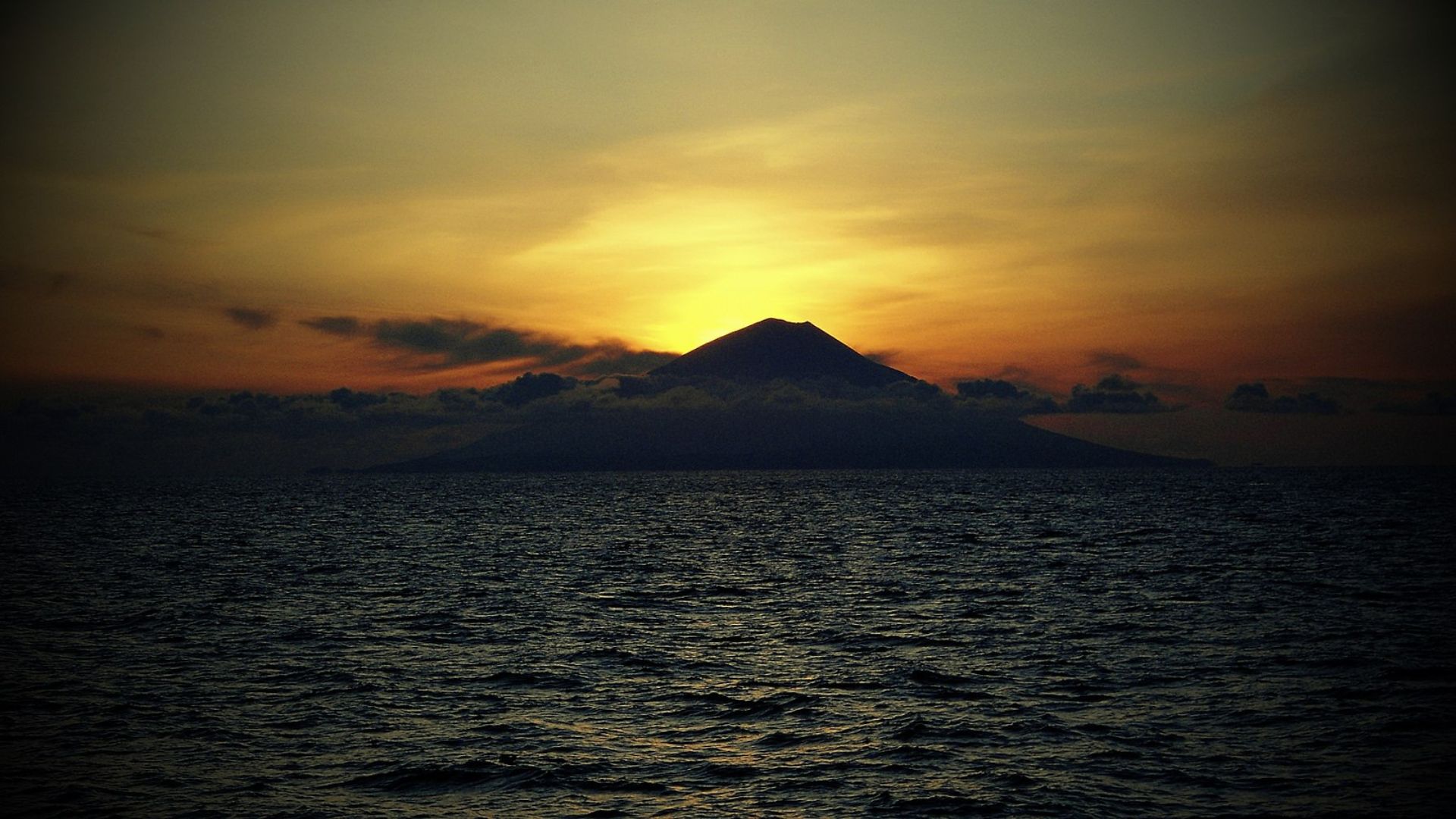
According to new findings from NOAA, the Bering Sea is undergoing a drastic transformation. What was once solidly Arctic is now showing signs of sub-Arctic conditions.
The southeast Bering Sea, usually cloaked in ice, is experiencing ice-free, warmer waters with increasing regularity.
Living on the Thermal Edge
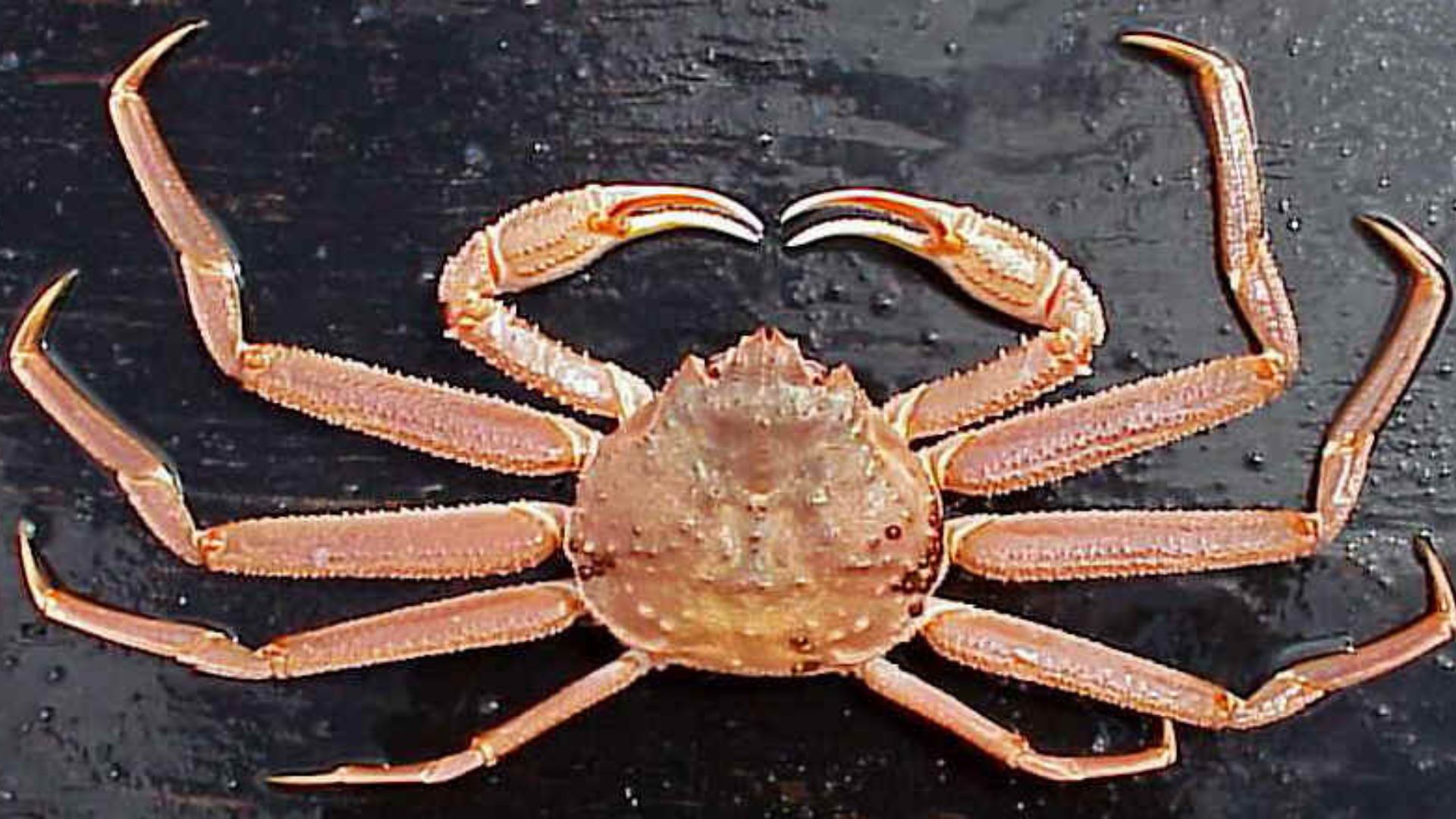
Snow crabs, typically found in frigid waters below 2 degrees Celsius, faced a deadly challenge during the 2018-2019 marine heatwave.
The warm waters boosted their metabolism but didn’t offer enough food, leading to widespread starvation.
Economic Shockwaves
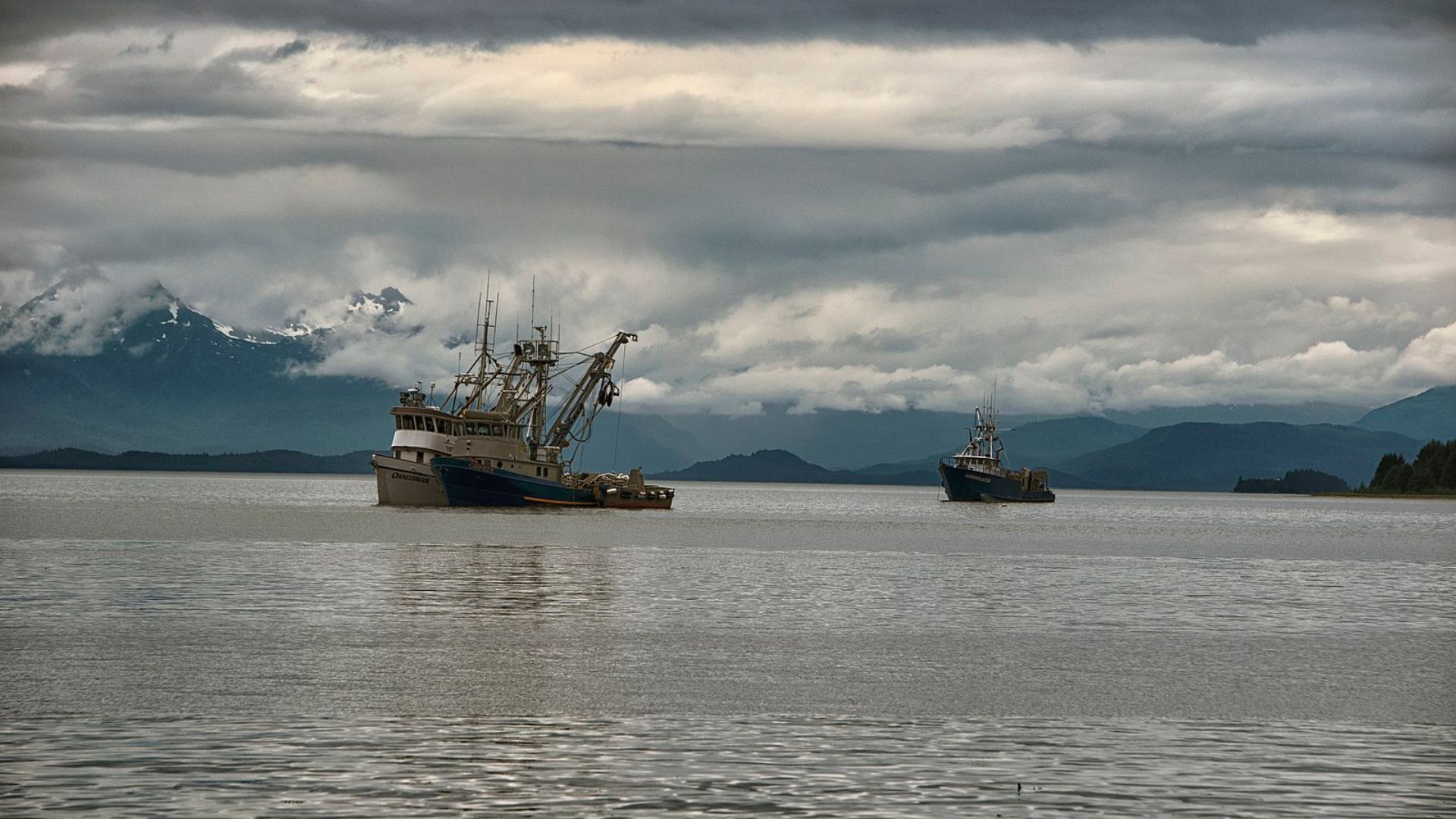
The crab crisis has hit more than just marine life; it’s also pummeled Alaska’s fishing industry, dealing a heavy blow to local economies.
With billions of crabs gone, the industry’s annual value took a steep dive, impacting jobs and livelihoods across the region.
A Rapid Response Needed
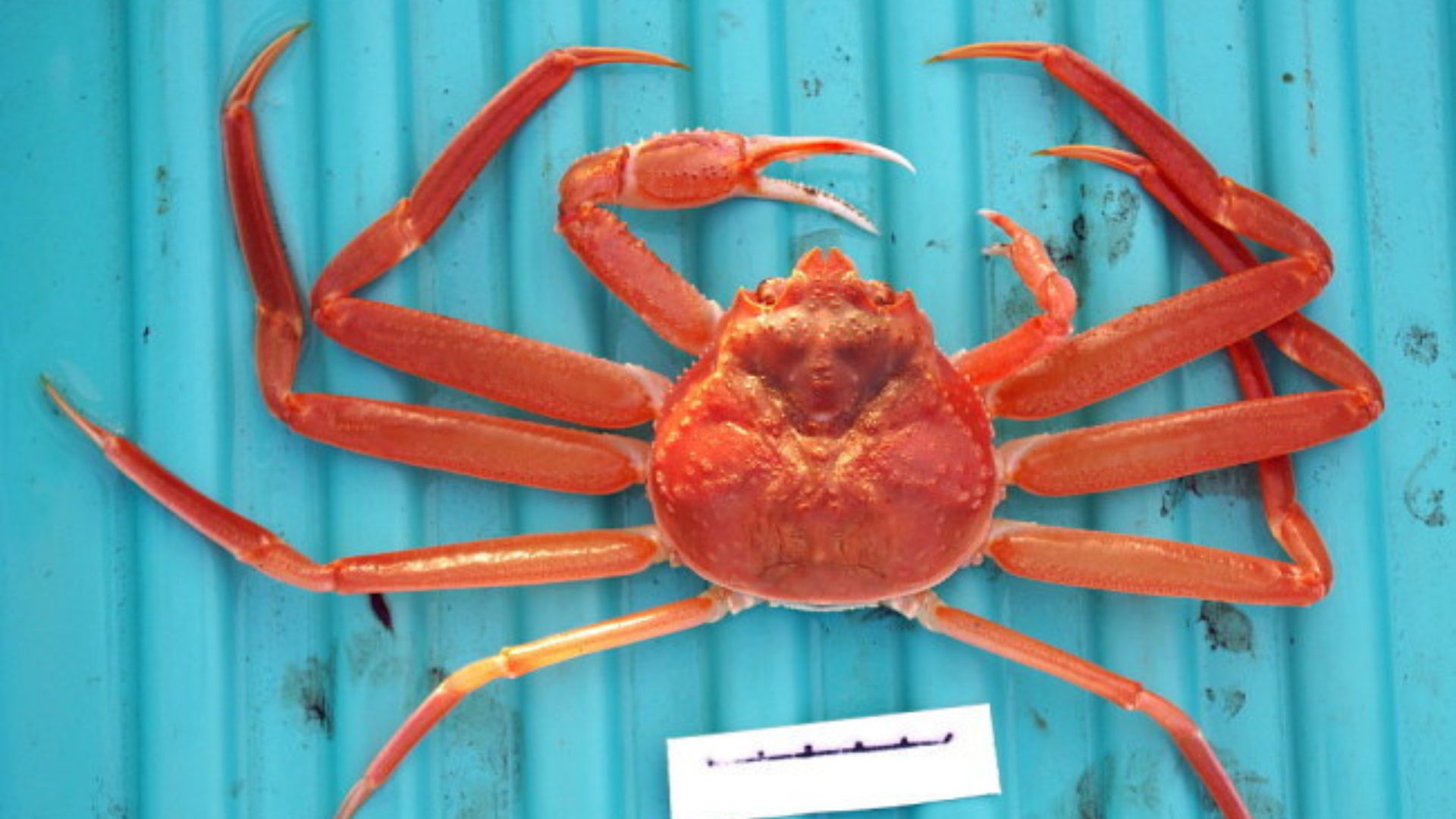
Michael Litzow, lead author of the study, emphasized the urgent need for adaptation in the snow crab fishery.
The industry faces a bleak future unless innovative measures and swift actions are taken to mitigate these new, harsh conditions.
Chances of Recovery?
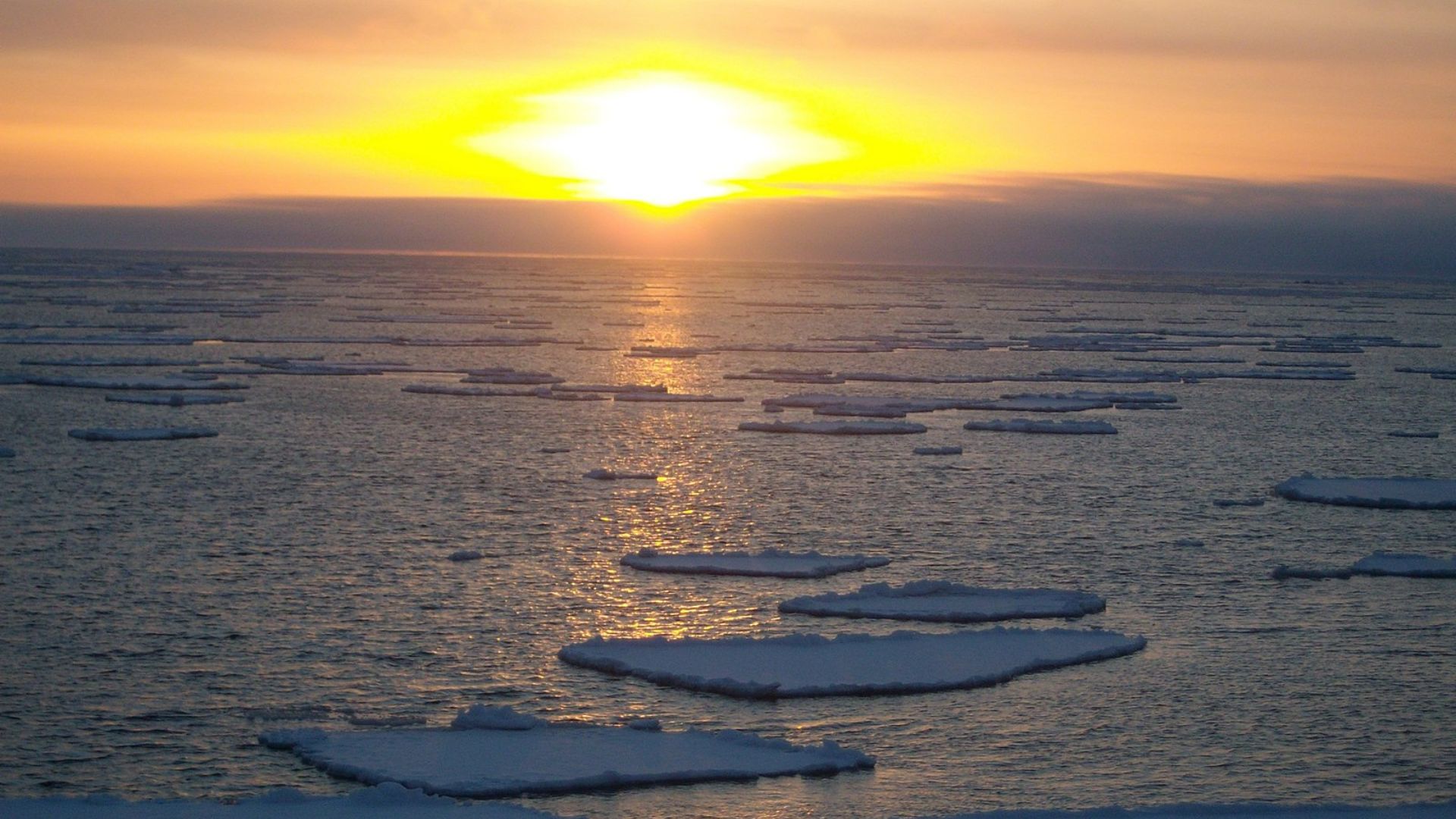
While there’s some hope for recovery, with recent colder temperatures and new crab spawnings, Litzow warns that the “odds are for continued poor conditions.”
The snow crab population’s future remains uncertain as the Bering Sea’s ecosystem continues to evolve rapidly.
Beyond Crabs: A Wider Ecological Shift
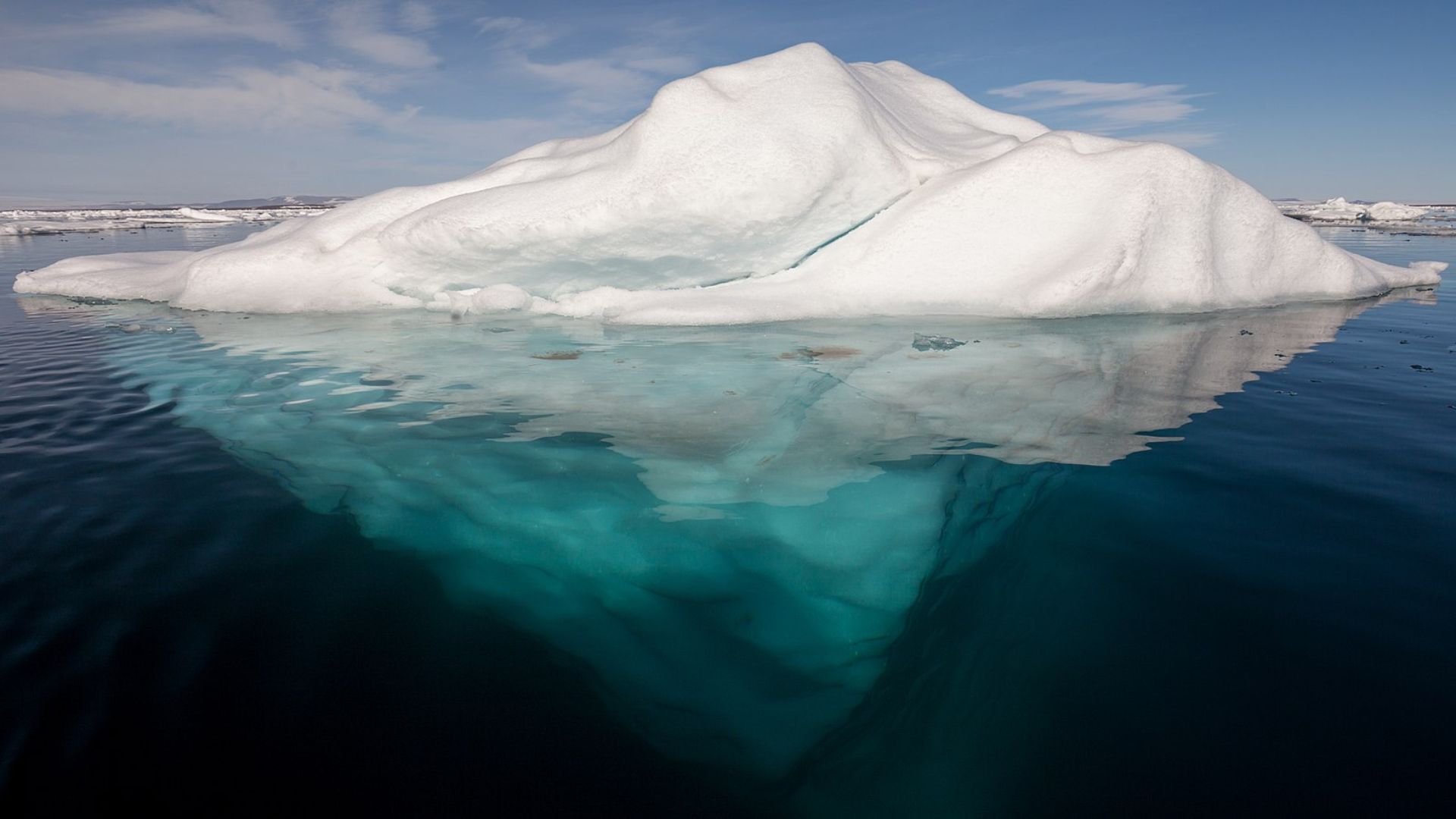
The decline in the snow crab population is just the tip of the iceberg.
This signals a broader ecological shift across the Arctic, with warming waters making the habitat increasingly hostile for other marine species as well.
New Predators on the Block
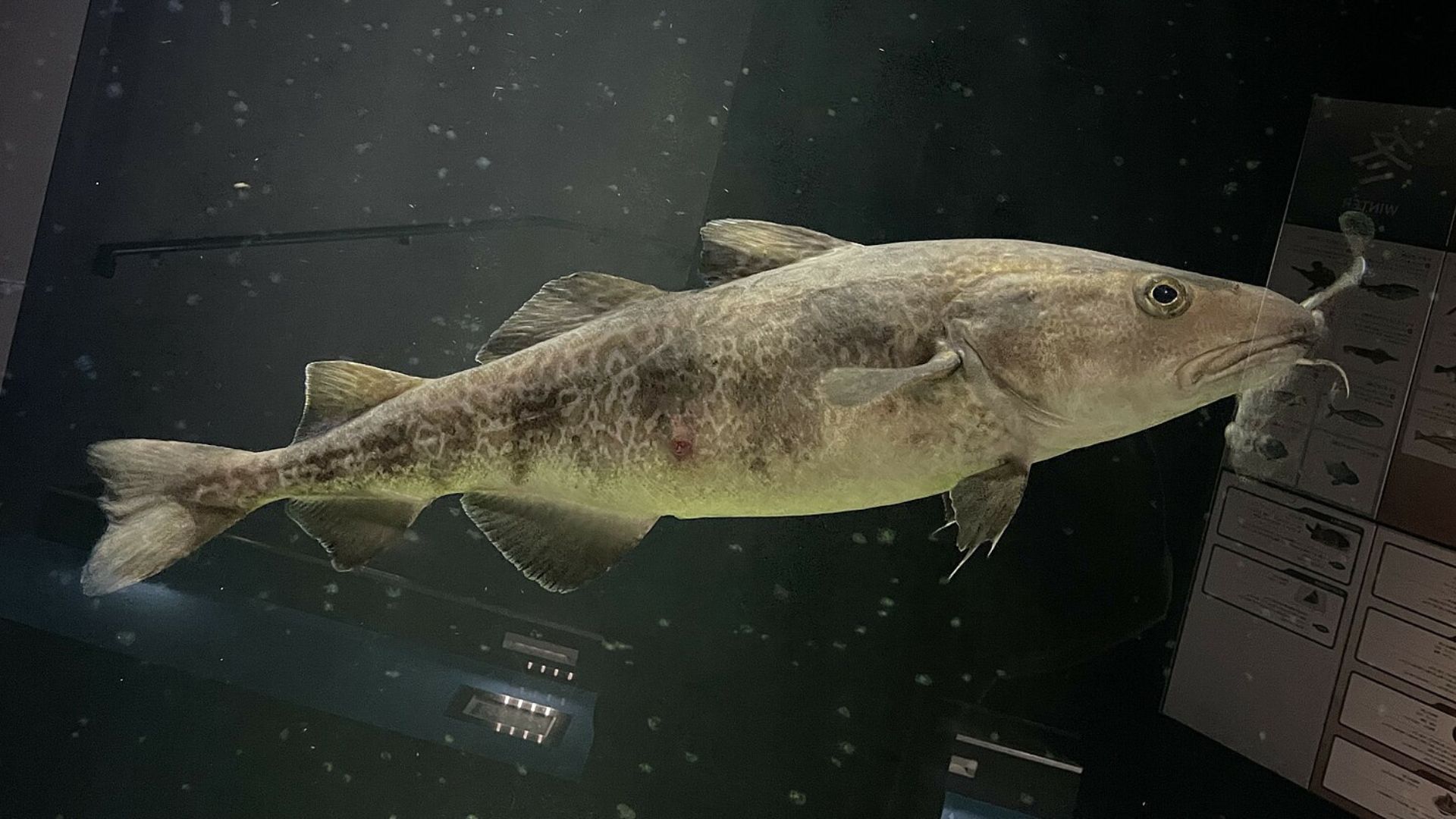
With the warming trend, traditional temperature barriers in the ocean are diminishing.
This allowed Pacific cod to invade snow crab territories during the recent heat wave, further exacerbating the crabs’ decline by preying on what remained of their population.
Ripple Effects in Marine Biodiversity
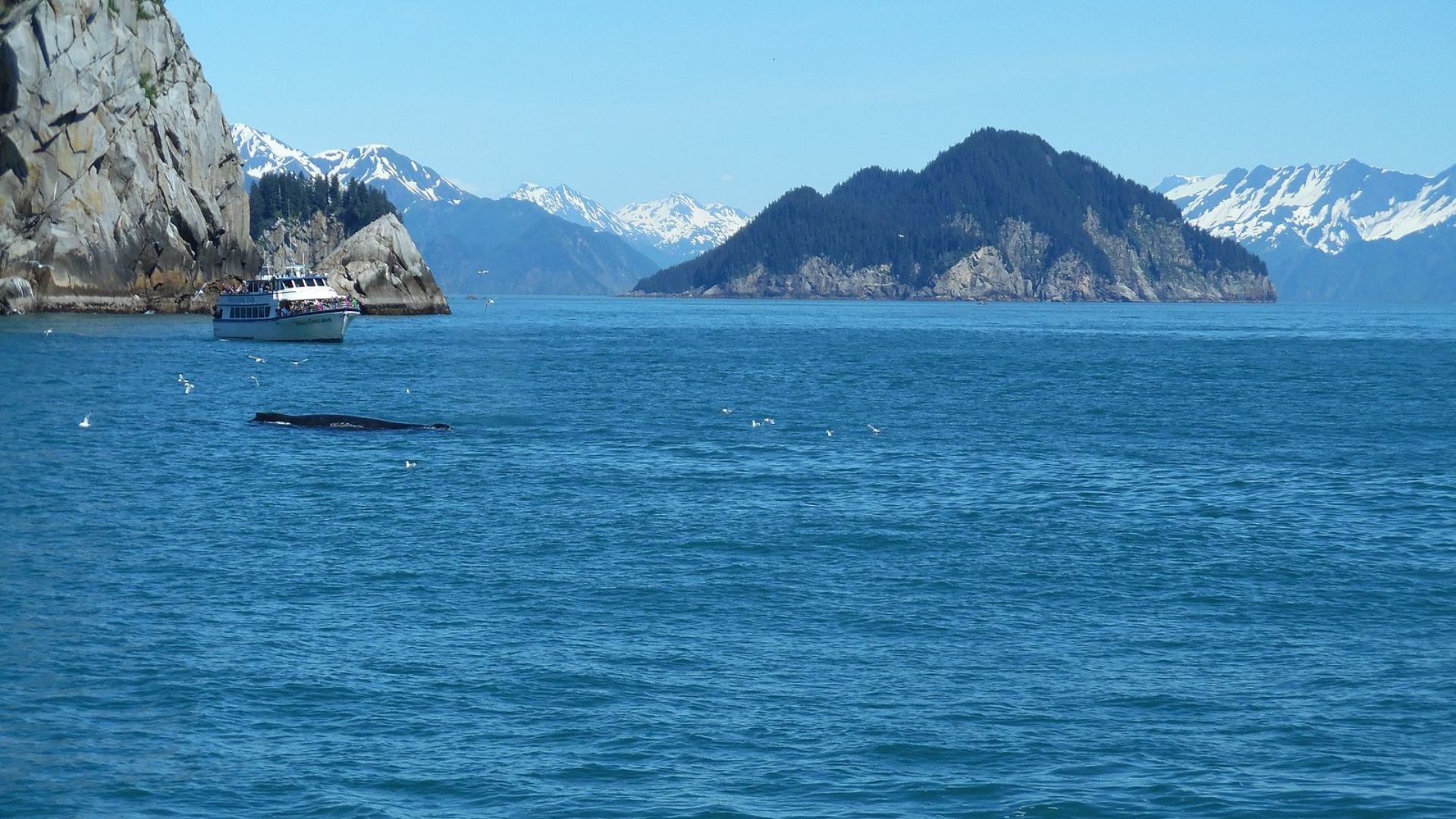
Robert Foy, not directly involved in the study, pointed out the significant shifts in species distribution and the emerging challenges in prey-predator dynamics.
These changes have already caused declines in other species, such as Pacific cod in the Gulf of Alaska.
Adapting Fisheries Management
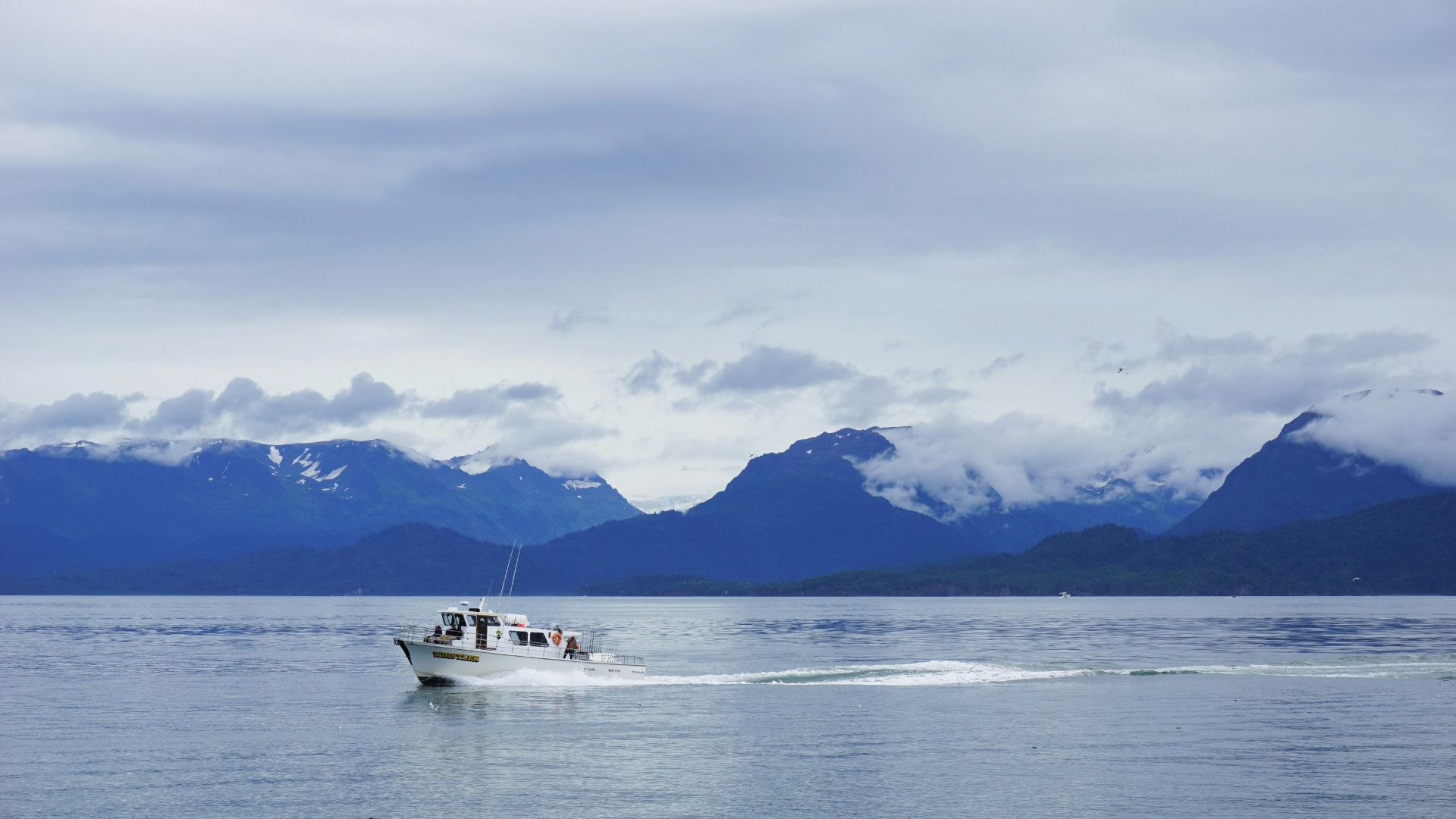
Facing these unprecedented changes, fishery managers are now incorporating cutting-edge technologies like drones and artificial intelligence.
These tools are crucial for detecting and responding more effectively to environmental shifts and ecological impacts.
The Arctic’s Fever
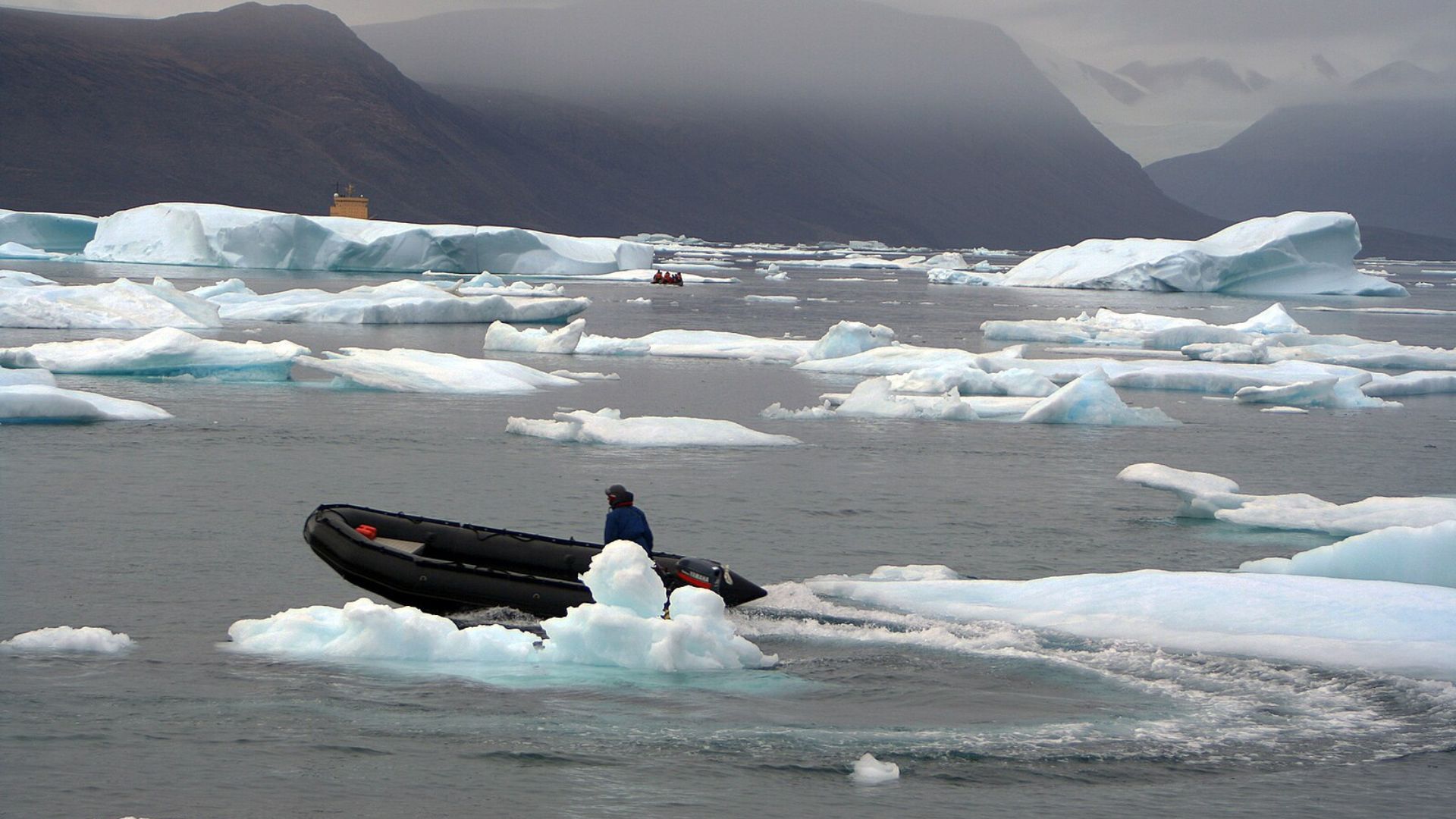
The Arctic region is heating up four times faster than the rest of the planet, making the Bering Sea a critical indicator of broader global environmental trends.
The rapid warming serves as a stark reminder of the pressing issues at hand.
Heeding the Climate Call
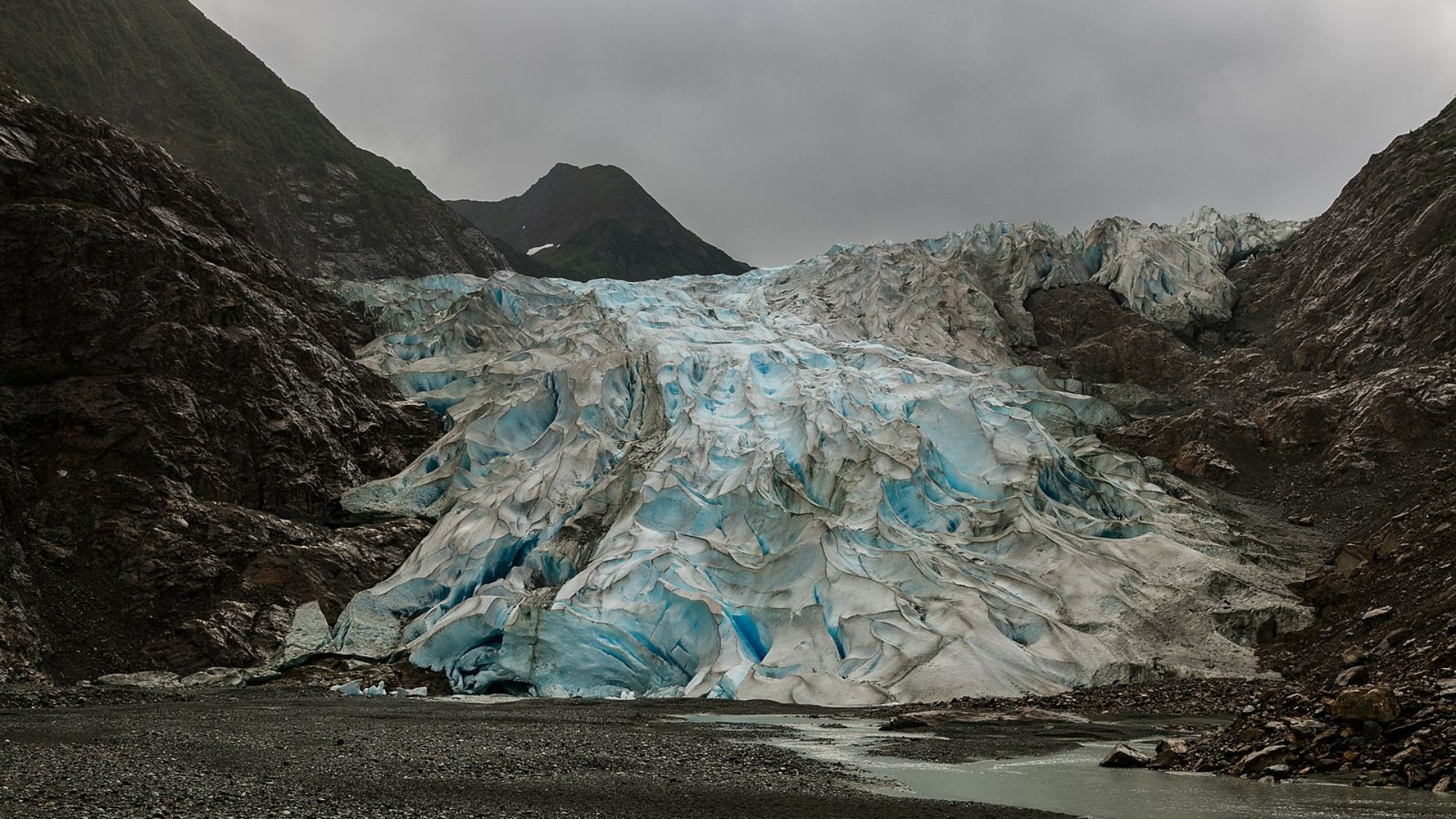
Litzow calls for a collective acknowledgment of climate change impacts, stressing the importance of attention to these issues.
“All of us need to recognize the impacts of climate change,” he said, underlining the direct link between global warming and livelihoods reliant on marine industries.
